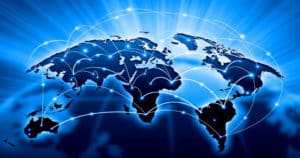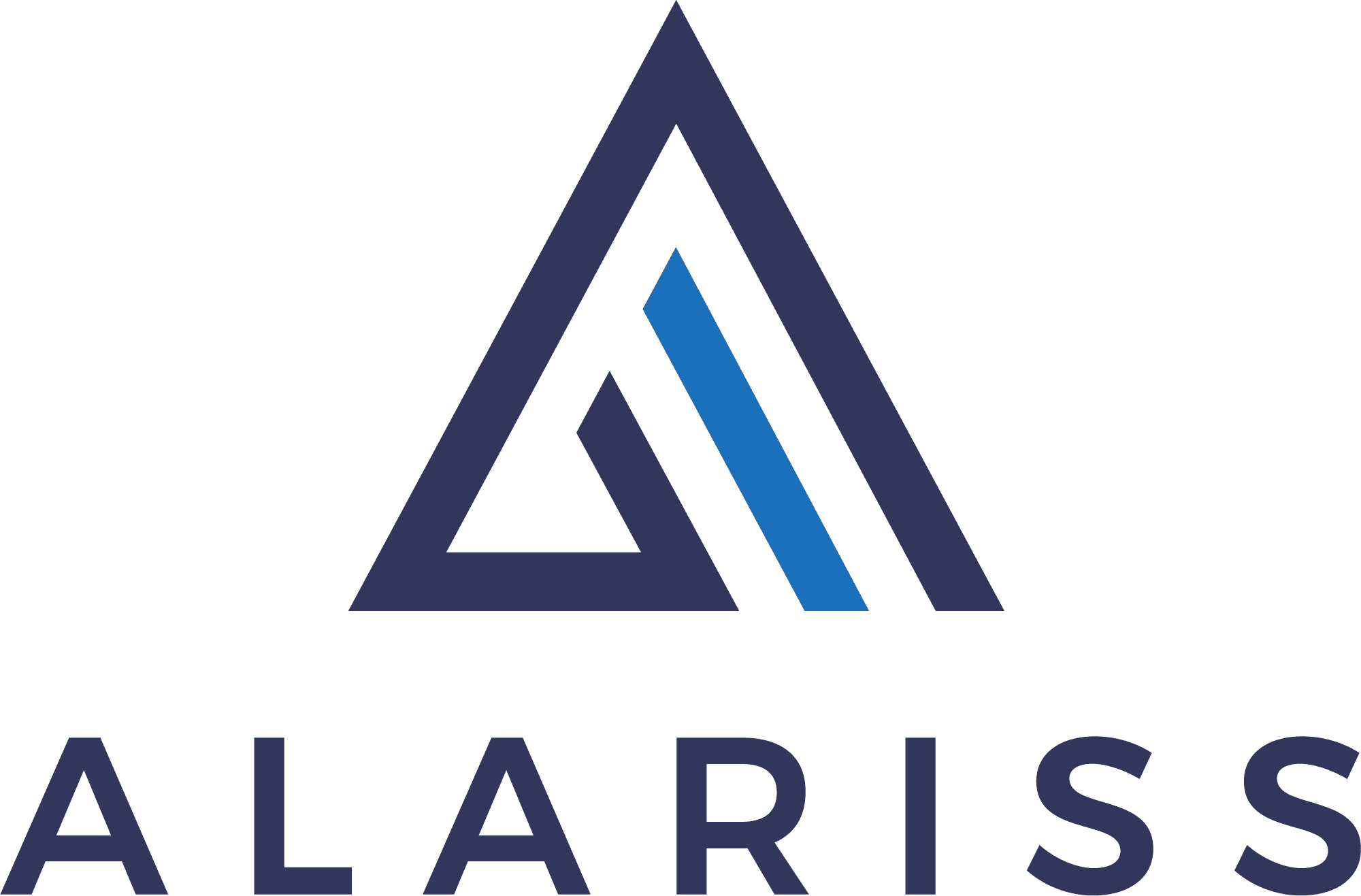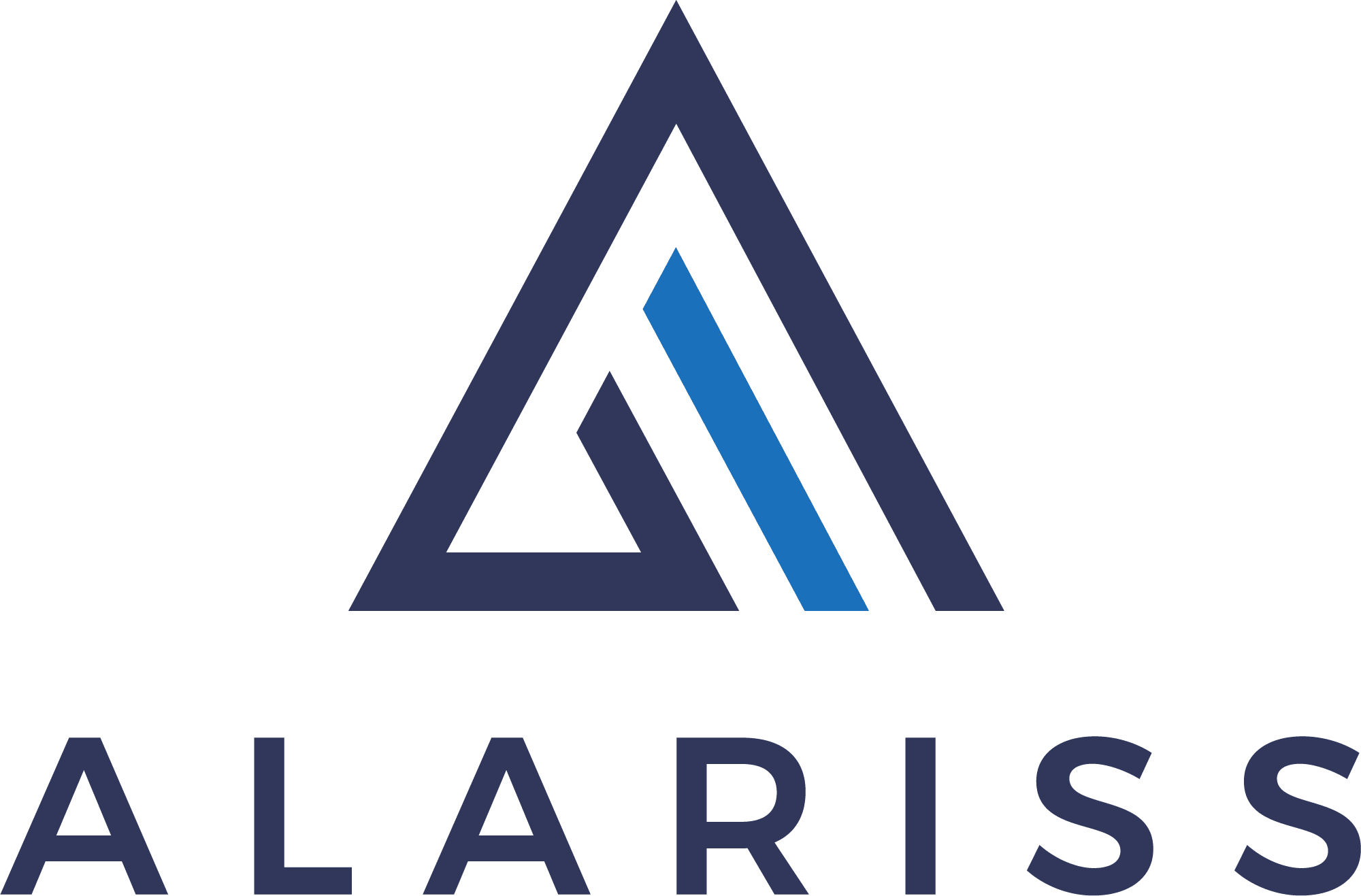Blog
Globalization 3.0 and the Future of Work

January 25, 2022
As CEO of Alariss Global, I’m optimistic about the future of work, which is accelerating the next wave of globalization. This particular version of globalization is faster, more efficient, more equitable, and more broadly distributed than all previous iterations combined. The result is a more interconnected world in which people of any nationality and in any time zone can collaborate and share resources and knowledge–all virtually. We call this Globalization 3.0.
Previous waves of globalization were characterized by large power imbalances. The first wave of globalization was the age of empires and colonialism. In it, the world saw conquerors and colonists crossing borders and time zones by land and sea. The Roman, Mongolian, Spanish, Japanese, and British Empires, as a few examples, took over large parts of the world and profited from labor and natural resources in their new colonies. It was exploitative and relied entirely on physical movement and conquest.
Globalization 2.0, which peaked around the turn of the 21st century, involved international trade between various countries and outsourcing from rich countries to emerging markets. Institutions emerged to support this wave of globalization, including monetary unions like the European Union, intergovernmental alliances like the North Atlantic Treaty Organization (NATO), and multilateral organizations like the World Trade Organization (WTO). Globalization 2.0 was more expansive, and involved governmental efforts to support lowering the barriers to the movement of goods and capital.
What Is Globalization 3.0?
Now, we are in the age of Globalization 3.0, which was accelerated by the COVID-19 pandemic. No longer are businesses or knowledge workers constrained by national borders. Now, anyone based anywhere in the world can work for anyone else in a different part of the world. This is entirely virtual and involves the movement of knowledge and skills. It allows people to be compensated for the work that is most unique to them, and also, as I’ve written before, helps future-proof American workers from automation. This new wave of globalization is more equitable than previous versions, as global business truly becomes democratized and decentralized from the traditional nodes of financial power.
This new paradigm allows a Michigan-based salesperson to work for an entrepreneur in Bangalore, India. It also allows an Israeli company to go beyond their borders and work with a salesperson in North Carolina. And it allows a Beijing-based company publicly-listed on the New York Stock Exchange (NYSE) to work with a 2nd-generation Chinese immigrant based in San Francisco. All of this without anyone having ever met in person or even leaving their homes during the pandemic.
If some people think it’s weird to see an American work for an overseas employer, that just solidifies that, for far too long, one’s country of origin was a proxy for financial opportunities. We’re changing that. People are too used to assuming global work means Western Europeans and Americans outsource to Asia and Latin America. They think of globalization as cost arbitrage so that the privileged can hire the less privileged. We think differently. Now, with the future of work and Globalization 3.0, anyone can work for a company based anywhere else, regardless of their country of origin. We open up the international labor market and the global business world to more equitable, distributed, and diverse collaboration as a result.
At Alariss Global, we connect top U.S. sales and business development talent with global employers and act as the Employer of Record. Our talent can be based anywhere in the US and work for companies based anywhere in the world. In this new paradigm, people in countries around the world are hiring Americans to help them expand into global markets. This flips the traditional conception of globalization on its head, where before people thought of Americans hiring lower-paid workers in other countries like China or India. In this new paradigm, people in countries like China or India hire Americans at generous salaries.
At Alariss Global, we share a vision of people working together from all over the world in a mutually beneficial, collaborative, and equal way. Global collaboration is not just about rich countries offshoring jobs to poor countries to lower costs. And it is not just for people who live in the major cities and capitals around the world. It is a vision that transcends physical boundaries, leapfrogs convention, and connects people all over the world.
If you would like to participate in Alariss’ new vision of globalization, then you can hire a US salesperson by signing up for our portal today.





